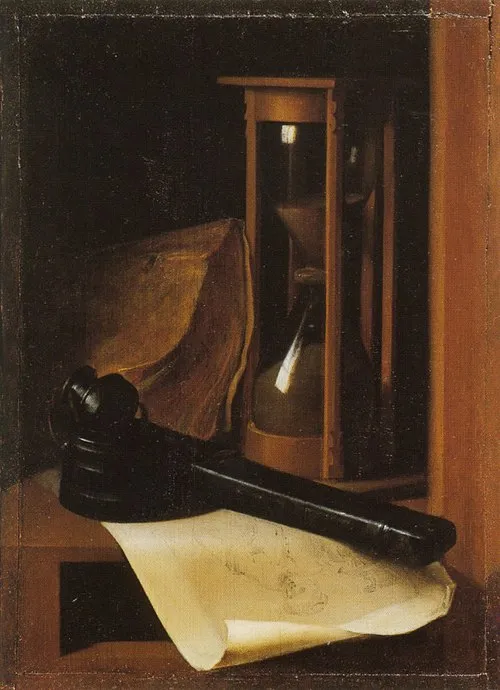
Bernold, Bishop of Utrecht: A Historical Overview
Bernold, known as the Bishop of Utrecht during the 11th century, is a significant figure in the history of the medieval Church and the development of the region. His tenure as bishop marked an era of ecclesiastical reform, political strife, and the transformation of Christianity in the Netherlands.
Early Life and Background
Bernold was born around the year 1030, likely in the region surrounding Utrecht. His early life is largely undocumented, but it's believed that he received a robust education, particularly in theology, which would later aid him in his ecclesiastical duties.
Elevation to Bishopric
Bernold became the Bishop of Utrecht in 1046, succeeding the previous bishop, Balderic. His appointment came during a turbulent time when the local church was in need of strong leadership. The challenges facing Bernold were significant, as he had to navigate the complexities of local politics and the power struggles between the nobility and the emerging church hierarchy.
Role in Church Reform
As Bishop of Utrecht, Bernold was instrumental in the reform efforts initiated by the church during this period. His commitment to the clerical reform movement, which aimed to eliminate corruption and promote moral integrity within the Church, was commendable. He worked fervently to strengthen the moral and spiritual fabric of the clergy under his jurisdiction.
Political Challenges
Bernold's tenure was not devoid of political strife. He faced opposition from local nobles who opposed the increasing power of the Church. His ability to negotiate and maintain a delicate balance of power was evident during various conflicts, especially those related to land and clerical authority.
Relations with Other Bishops
Bernold maintained a close relationship with other bishops in adjacent regions, which was vital for fostering unity within the Church. His diplomatic skills were put to the test as he dealt with varied interests and allegiances among the ecclesiastical hierarchy.
Legacy of Bernold
Bernold served as bishop until his death in 1089. His contributions to the Church and the Diocese of Utrecht had a lasting impact, paving the way for future reforms and strengthening the role of the bishopric in Dutch society. He is remembered for his unwavering commitment to ecclesiastical reform and his ability to navigate the complexities of medieval politics.
Conclusion
Today, Bernold is recognized as a pivotal figure in the annals of Dutch ecclesiastical history. His life and ministry as Bishop of Utrecht illustrate the intertwining of religion and politics during the medieval period. Understanding Bernold's legacy provides valuable insights into the development of the Church in the Netherlands and its lasting influence on the region.






